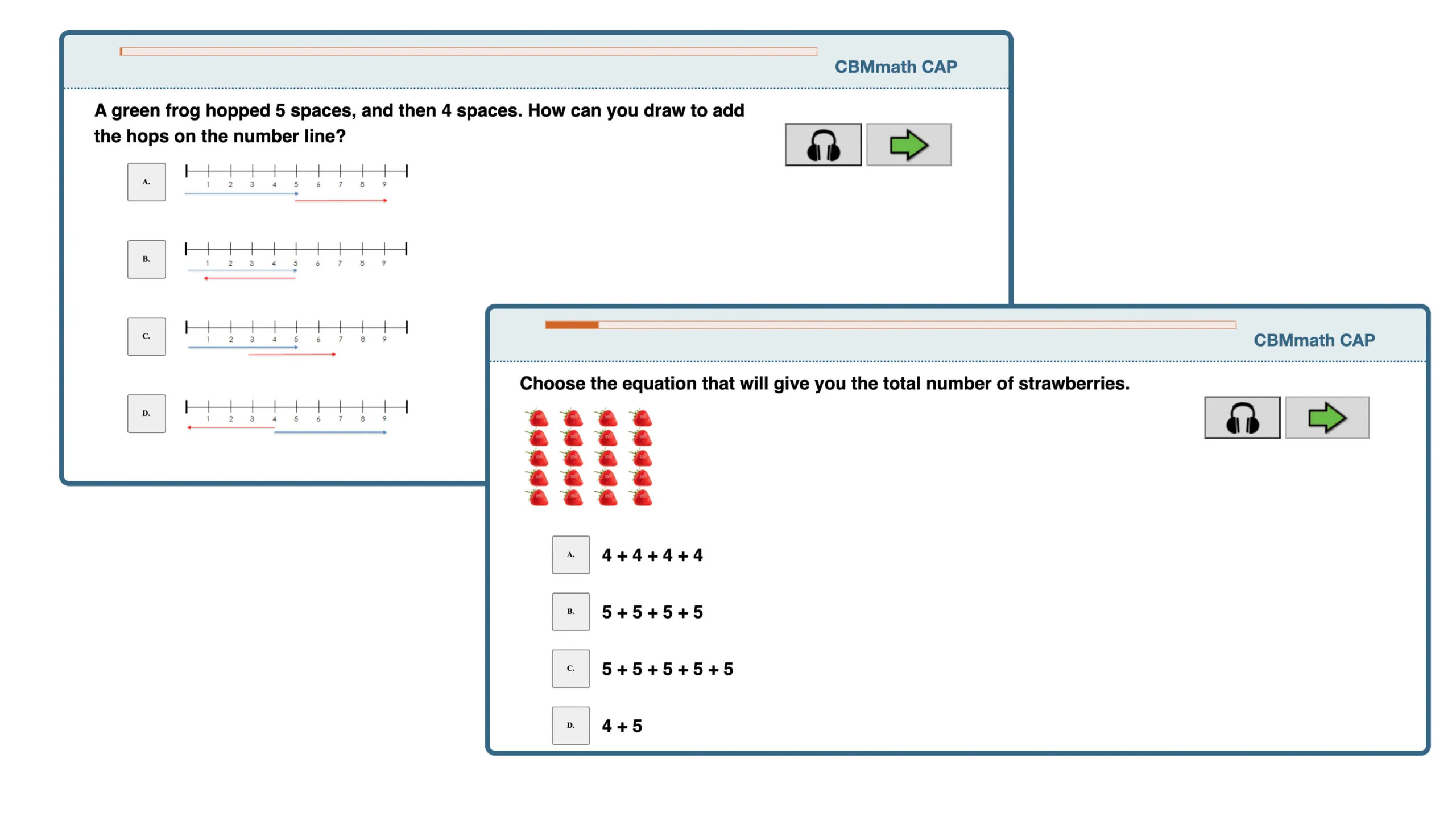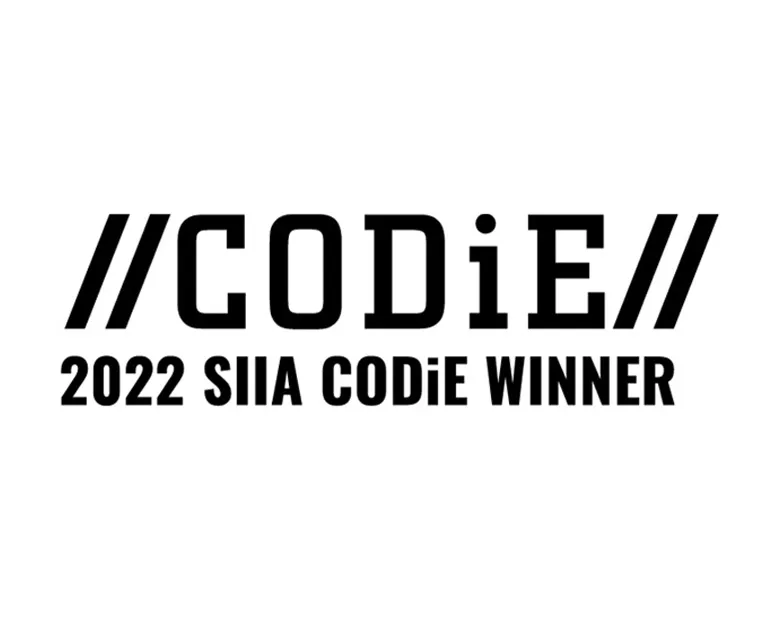Our mission
To accelerate learning for all children and adults of all ability levels and ethnic and social backgrounds worldwide.
Connect with us
Noteworthy


What Kids Are Reading: 2025 Edition
What are the most popular books at each grade level? Can just 15 minutes of daily reading significantly impact learning outcomes? Get the answers in the world’s largest annual study of K–12 student reading habits.
Download now












